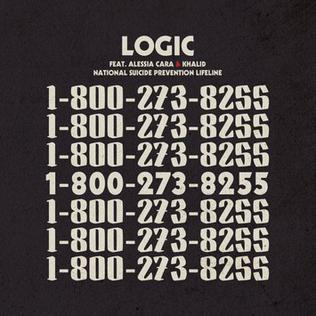TCM: Promise You Won't Tell My Mom
I put needles in my second patient and was closing the door when I heard the music. It sounded spa-like. At first I just thought that one of the other practitioner's had their music up - but I soon realized that it was my own room's music. Maybe there was a glitch with the CD-player. I quickly made my way to my treatment room, opened the door, and there was my patient: sitting upright on the bed with a big smile on their face.
"I took all my needles out! I put them in the bin!" she exclaimed. I looked around the room. There was a large happy face taking over the entire page of her chart - written over the last two treatments. I had the patient lie down and rechecked her work to make sure she didn't miss any needles. I would scour the floor when she left, looking for any shiny metal that might cause me or a subsequent patient harm.
I had been treating this patient, about 18-years of age, for their depression. Obviously, during this acupuncture treatment, they'd gone from depressive to manic.
"How many times do you have sex with your wife?" she asked. "I don't believe that is an appropriate question," I responded. "Do you believe in God?" "Another question that is not up for discussion." Then she got quiet.
"Promise you won't tell my mom."
I did. Her mother apologized, promised to take her daughter back to their psychiatrist and thanked me profusely.
The patient never returned.
"The naturopath told me I have a demon inside of me. She's trying to get the demon out."
I respect many approaches practitioners have in treating patients; however, I worry about the language they use.
"No problem," I said. "What seems to be your health concern?"
This patient, about 17-years of age, proceeded to tell me they didn't have an appetite. She didn't eat. Her mother initially took her to the hospital because the Internet said it's likely a gut bacteria problem. Now, the mother had brought her daughter to me because conventional medicine was apparently getting it wrong.
The patient rolled up her sleeves and pant-legs for treatment: cut marks on the arms and thighs.
"I see you have cut marks on your body," I said. "I am concerned that the lack of eating might be part of that. Do you have someone to talk to? A counsellor or psychologist, perhaps?"
"You think I'm crazy, don't you?!?" she yelled. "No," I calmly responded. "I just want you to have a complete healthcare team to support you." She wasn't calming down, "You think I'm crazy! You're just like all the other professionals!"
I proceeded to give the patient an acupuncture treatment, but she was extremely resistant. "I've been to an acupuncturist before and they already used that point. And this point. And that point. None of it helped." "But this is the first time with me," I responded calmly. "I am the professional and need to find out what works and what doesn't."
I talked to her mom. I found out that her daughter only wanted to deal with the symptoms and the mother had relented to not seeing a counsellor because every time they tried to find the root problem through therapy she got worse. I recommended a holistic approach: acupuncture, counselling, bodywork, allopathic. The mother was clearly enabling. I never saw the patient again.
Sometimes we have to make the hard decision to betray our patient's trust. Sometimes they will be minors and sometimes they will be adults. Sometimes we will have to tell the patient's mom and sometimes we will have to call the crisis line ourselves.
I know my limits. I am not a counsellor or psychologist. While Chinese medicine incorporates mental and spiritual symptoms, I am careful what kind of language I use and am quick to refer. I am also confident to call or report a situation which I believe may lead to suicide.
I would rather the patient hate me than be dead.

